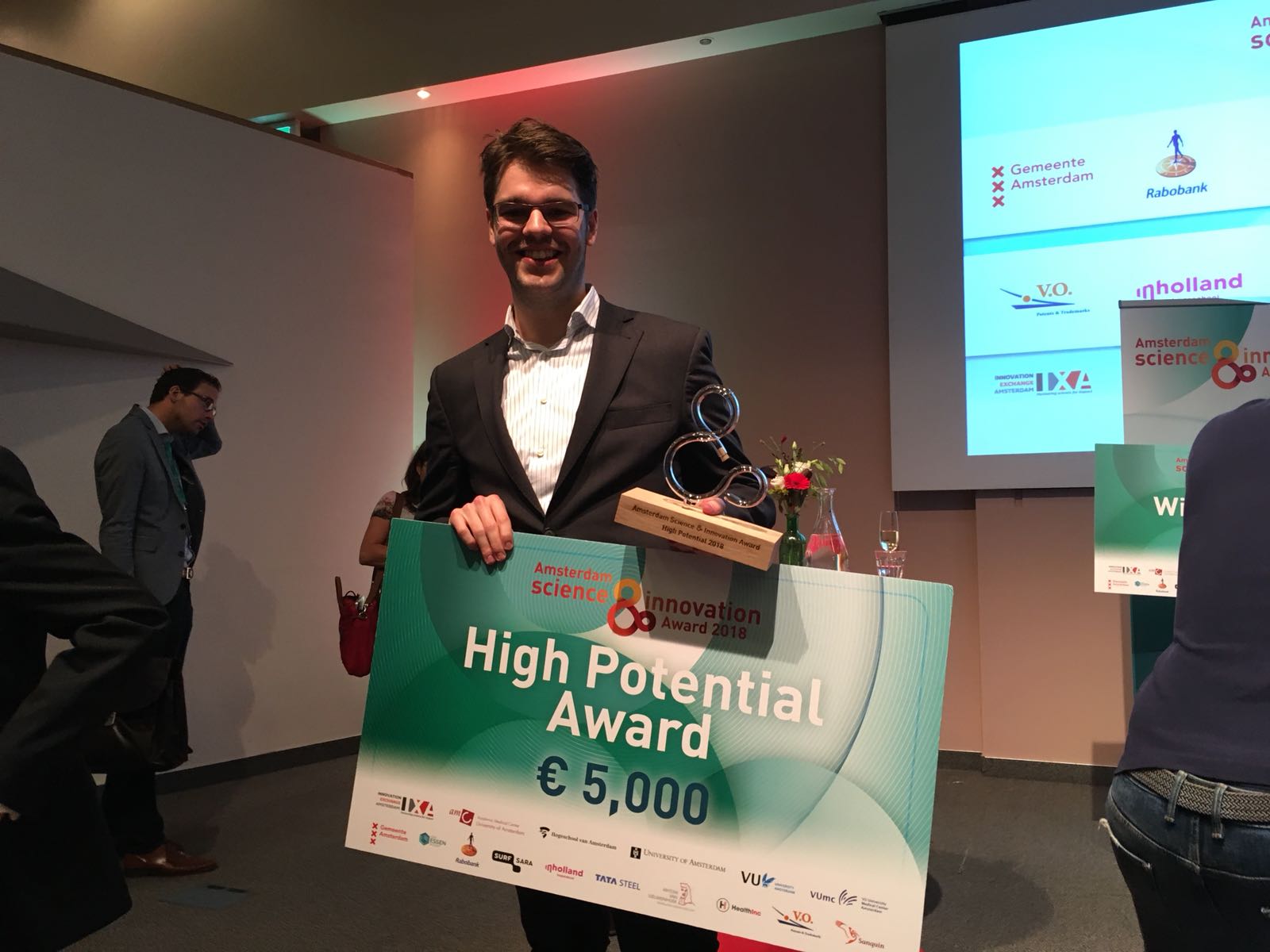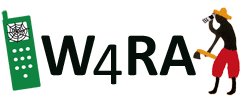 Amsterdam, 19 June 2018 – The Kasadaka “talking box” platform, the winning concept, is a platform to develop voice-based technologies for those who are not connected to the Internet, cannot not read and write, and speak underresourced languages.
Amsterdam, 19 June 2018 – The Kasadaka “talking box” platform, the winning concept, is a platform to develop voice-based technologies for those who are not connected to the Internet, cannot not read and write, and speak underresourced languages.
Kasadaka has been developed to allow development of specific, context-sensitive content, in a collaborative way, in the local context. It aims to connect the unconnected people in the world.
Anno 2018, still half of the world’s population is unconnected to this huge open public space for knowledge sharing, which is the Web. International policy makers still believe that rolling out the Internet is the big solution for the Digital Divide, and that it will soon be solved (this is one of the targets in the Sustainable Development Goals, due 2020 (!). However, extensive field-based research, in remote rural regions, makes clear how bridging the Divital Divide with big, top-down interventions is not the way forward, as this will not solve the information & communication needs of the poorest people in the world. We are in need of smaller solutions. We need to “downscale” the Web also looking for innovative, for example internetless and/or voice-based solutions in local languages, when necessary.
To address these problems, the W4RA team of VU Amsterdam, together with many partners in Mali, Burkina Faso, Ghana and Malaysia is working hard to develop context-sensitive, user-centred solutions.
The Kasadaka project, its Voice platform and software development kit (VSDK), have been developed by André Baart and colleagues, has been extensively tested in the field, for example by Adama Tessougué, journalist and founder of radio Sikidolo in Konobougou, a small village in rural Mali. The Kasadaka concept represents an alternative to this “Internet-centric” thinking.
The voice platform has recently been extensively used and tested in the ICT4D course at VU, by 46 master students from Computer Science, Information Science and Artificial Intelligence. They have built applications for farmers in rural Africa, using the Kasadaka. The Kasadaka is now in Sarawak Malaysia, where it will be soon deployed in a Kampong, by Dr. Cheah Waishiang, ICT4D researcher at the University of Malasia Sarawak (UNIMAS), and students from VU and UNIMAS.
André is doing a PhD in this exciting, interdisciplinary field of research which we have dubbed ICT4D 3.0. He will further develop applications that help to support people in Mali, DRC and South Africa and help to bridge the Digital Divide.


